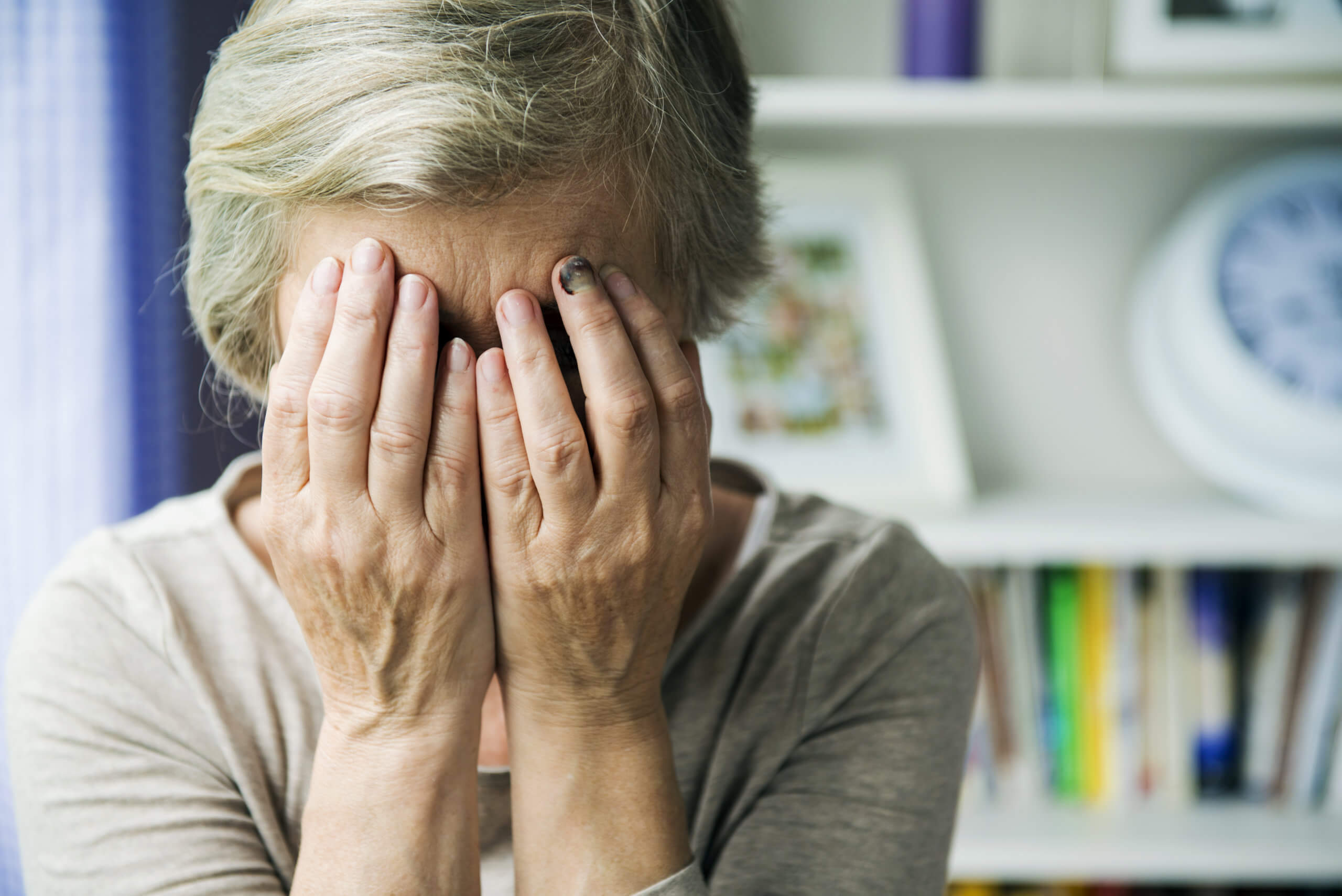Signs and Symptoms of Nursing Home Abuse

11/26/2019 Nursing Home Abuse John Whitfield
While it’s easy to think that having a loved one in a nursing home means they are being better cared for than otherwise, elder abuse within long term care facilities, unfortunately, does happen. The elderly who live within nursing home communities are often particularly vulnerable, as they do not have a consistent advocate by their side to look after them 100 percent of the time. There are many signs and symptoms of elder abuse one should be familiar with if they have a loved one in the care of a nursing home.
10 Things To Look For If You Suspect Nursing Home Abuse
- Confusion, disorientation, drowsiness, or feeling sleeping all the time, could potentially be due to an overdose of medication or unmonitored adverse side effects caused by nursing home abuse.
- Incontinence due to unavailable restroom assistance can be a sign of neglect or abuse. If disposable briefs or undergarments are worn for incontinence and go unattended to, the skin can break down in the diaper area from the patient sitting in urine or feces.
- Unexplained immobility or increased difficulty getting around could be due to lack of assistance with daily walking and regular exercise.
- Poor personal hygiene, including the smell of urine or feces, wearing dirty clothes, body odor, unwashed hair, or overgrown nails due to lack of basic personal care.
- Unexplained broken bones, dislocations, bruises, or scratches may be the result of rough handling during transfers, repositioning, medicine administration, and even force-feeding.
- Signs of dehydration or malnourishment along with sudden weight loss, dry mouth, cracked lips, swollen tongue, and weakness due to the withholding of food or water.
- Bedsores, open wounds, and frequent urinary tract infections due to improper care when confined to the bed or withholding medical attention.
- Unexplained falls or accidents caused by poor supervision and/or incompetent assistance.
- Isolation or a lack of interest in favorite activities due to forbidding participation, little or no mental stimulation.
- Agitation, anxiousness, fear, guilt, and embarrassment due to emotional abuse, including ignoring cries for help, call lights, ridiculing, bullying, humiliation or even threats of punishment.
When elder abuse occurs it should be reported immediately. Those who have a legal obligation to care and protect the elderly are often the ones participating in institutional elder abuse or nursing home abuse.
Nashville Nursing Home Abuse Attorneys
Our elders should be treated with care and respect. If your loved one is showing signs of elder abuse, immediately contact the Nashville nursing home abuse attorneys at Whitfield Bryson LLP. Our trial attorneys will pursue the responsible parties involved and ensure they are held accountable for their abuse and negligence.
